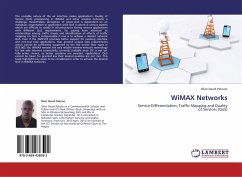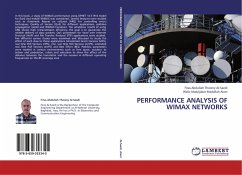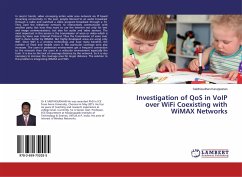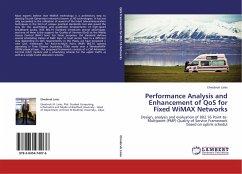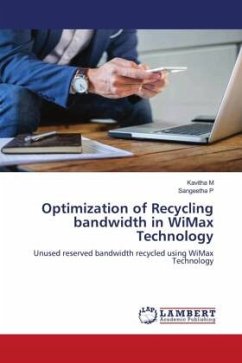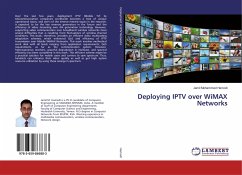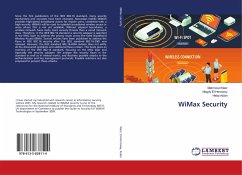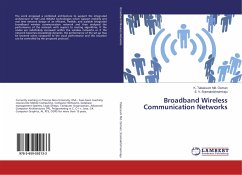The unstable nature of the air interface makes application's Quality of Service (QoS) provisioning in WiMAX and other wireless networks a challenge. Nevertheless, perception of good QoS is dependent on an individual, organisation or application since QoS is valued in various aspects which are difficult to satisfy in infrastructures having various applications with different QoS requirements. So, paying keen attention to relationships among traffic classes and identification of effects of traffic mapping on QoS is indispensable if one is to achieve a desired network QoS. Even if the 3GPP-LTE promises better support for evolving real-time and non-real time applications, that present unique QoS requirements which cannot be sufficiently supported by the five service flow types in IEEE 802.16e, WiMAX remains the only reliable wireless network technology for last mile Internet connectivity currently available since LTE is not yet fully active. Hence, as better solutions are awaited, applications' QoS cannot be taken for granted less their desired qualities are not met. This book highlights key issues to be considered in order to achieve the desired QoS in WiMAX networks.

